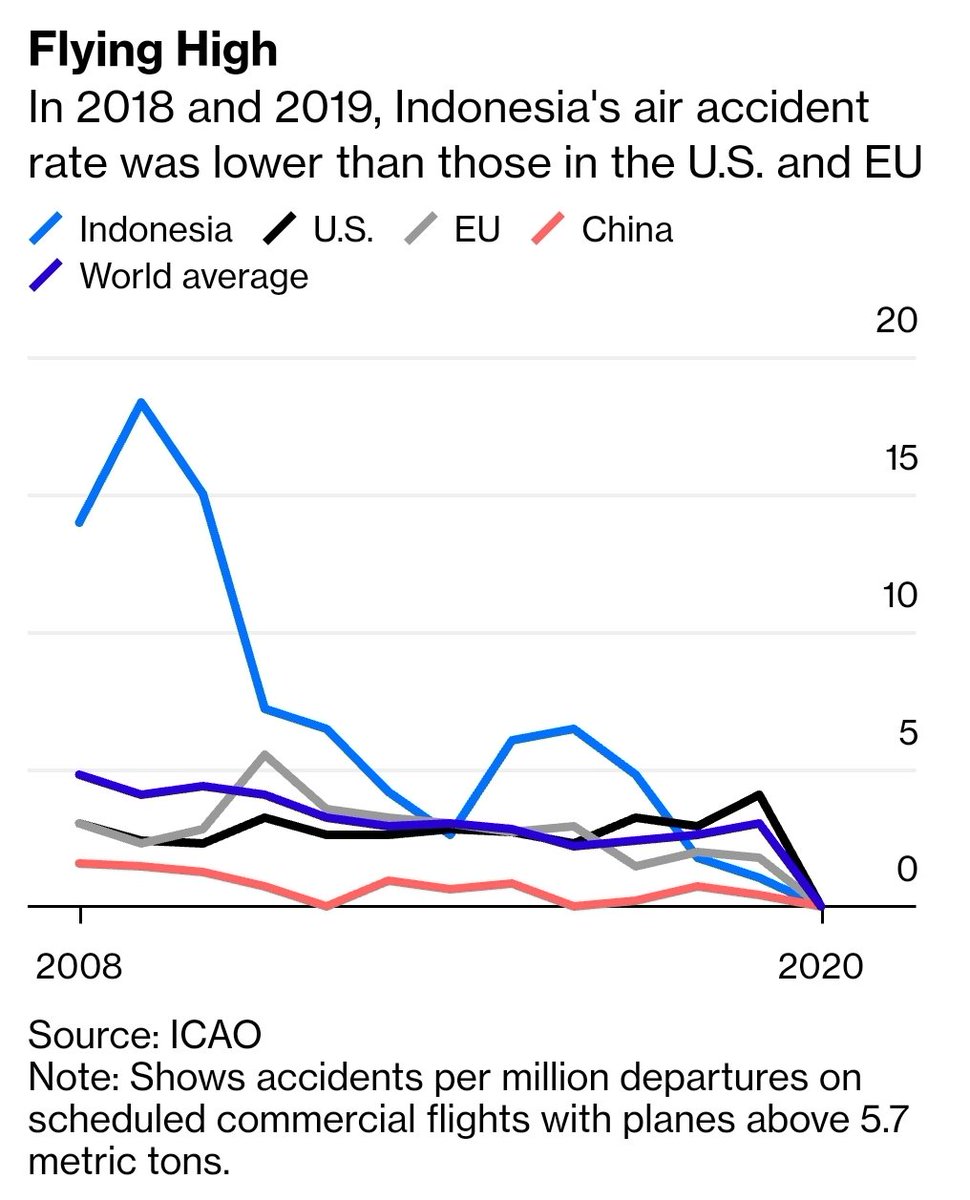
India's farmer protests aren't just about a piece of worthwhile but badly-handled agricultural legislation.
They're potentially the birth pangs of a more urbanized, prosperous India that will transform the world in the 21st century (thread):
bloomberg.com/opinion/articl…
They're potentially the birth pangs of a more urbanized, prosperous India that will transform the world in the 21st century (thread):
bloomberg.com/opinion/articl…
It's an honour to be working with @andymukherjee70 on this subject, and first of all you should read his heartfelt, blistering piece from last year on how India risks squandering its promise:
https://twitter.com/andymukherjee70/status/1332589874973528065?s=19
In this latest piece we wanted to explore one reason for hope.
India is on the brink of a potential take-off moment, with the share of the population working in agriculture about to drop below 40% — levels at which other Asian countries started to boom:
India is on the brink of a potential take-off moment, with the share of the population working in agriculture about to drop below 40% — levels at which other Asian countries started to boom:
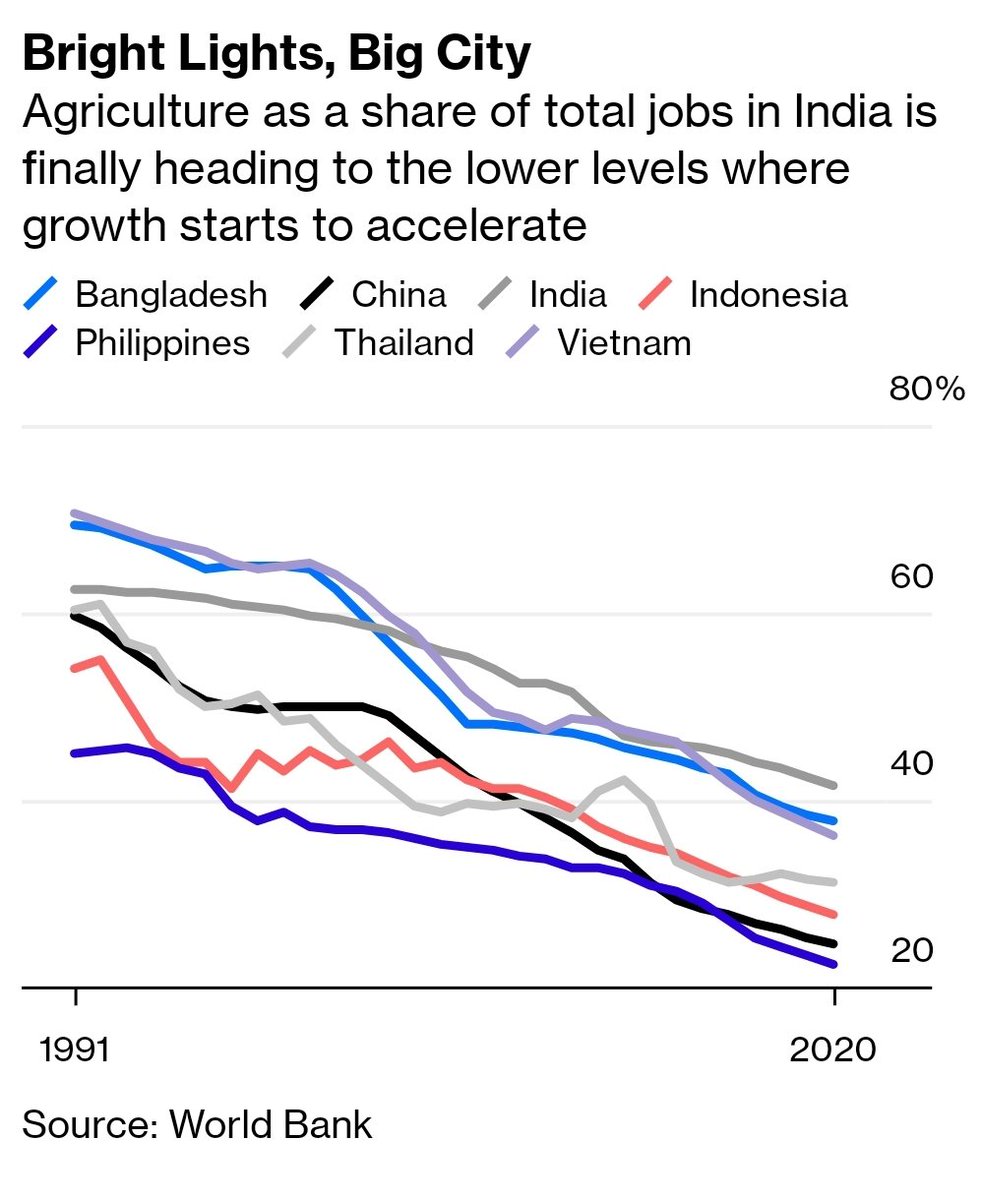
That's important because declining rural employment is a crucial waypoint on the way to industrialization and wealth.
The "Lewis turning point" described by St Lucian economist W. Arthur Lewis marks the point where surplus farm labour is used up and wages start booming.
The "Lewis turning point" described by St Lucian economist W. Arthur Lewis marks the point where surplus farm labour is used up and wages start booming.

The first country to hit the Lewis turning point devastated India's economy in the process.
The Mughal Empire in 1750 accounted for about a quarter of the world's industrial output, led by its textile sector.
The Mughal Empire in 1750 accounted for about a quarter of the world's industrial output, led by its textile sector.

Calico cloth is named after Calicut (modern Kozhikode, in Kerala) and "muslin" may derive from Masulipatnam in Andhra Pradesh.
The versatile, colourful fabrics made by Bengal's weavers and dyers was traded from the Atlantic to the Pacific.
The versatile, colourful fabrics made by Bengal's weavers and dyers was traded from the Atlantic to the Pacific.
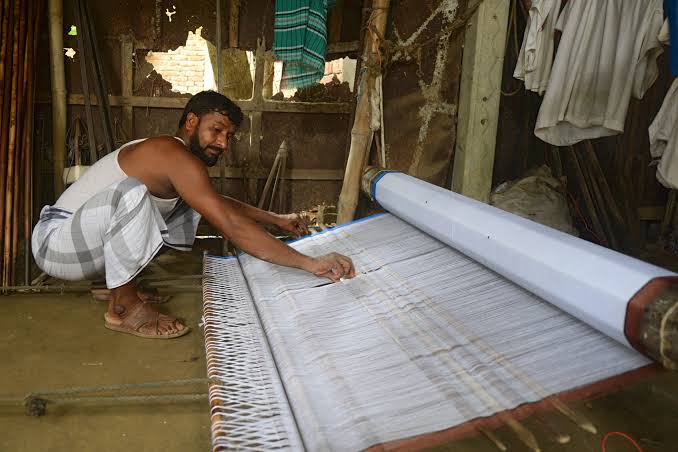
The British empire devastated this, deindustrializing India and turning it into a supplier of commodity cotton over the course of the 19th century.
There's several causes of this, not least the tariffs that England imposed on fabric and textile imports.
There's several causes of this, not least the tariffs that England imposed on fabric and textile imports.
But the most important factor of all was that England had a lower share of farm employment in 1750 than India does now.
Thay forced higher wages in the cities and semi-urban areas of Lancashire, which in turn encouraged the innovations that sparked the industrial revolution.
Thay forced higher wages in the cities and semi-urban areas of Lancashire, which in turn encouraged the innovations that sparked the industrial revolution.
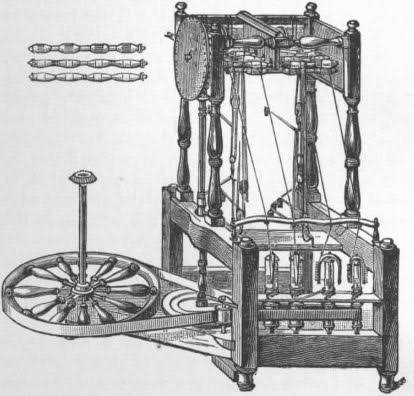
High wages for urban and rural workers create a virtuous circle of productivity and capital growth that only gets off the ground when the option of getting someone to do it for subsistence money no longer works.
But that involves a battle between urban and rural interests.
But that involves a battle between urban and rural interests.
In England it manifested in the Anti-Corn Law League — an alliance of the urban working classes and industrialists, who pushed for an end to grain tariffs which were enriching rural aristocrats at their expense. 
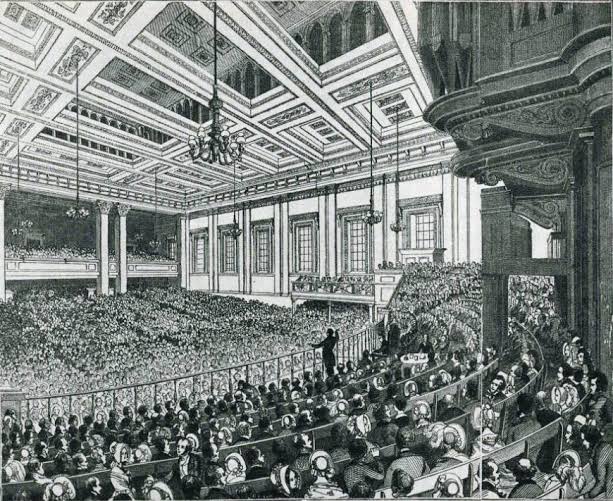
In America you saw a similar dispute in the 1890s, where the urban-rural dispute about the gold and silver standards ultimately about inflation (which farmers liked) versus free trade (which urban workers liked). 
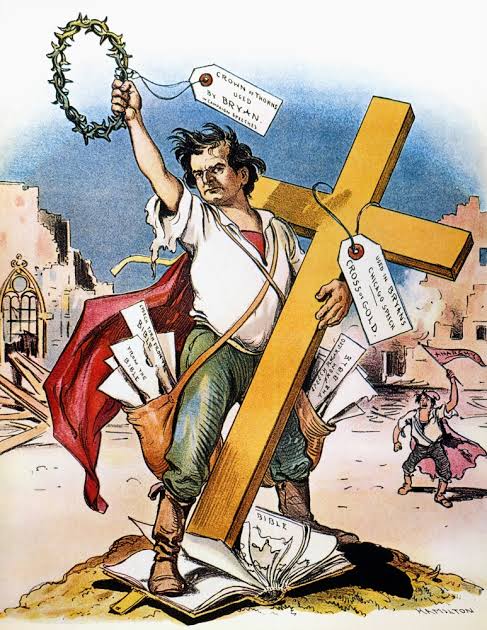
These arguments are often framed as being about rich vs. poor, but I think that's a slightly false frame for this.
The farmers from Punjab and Haryana states where the protests have been strongest are far and away the most affluent in India:
The farmers from Punjab and Haryana states where the protests have been strongest are far and away the most affluent in India:
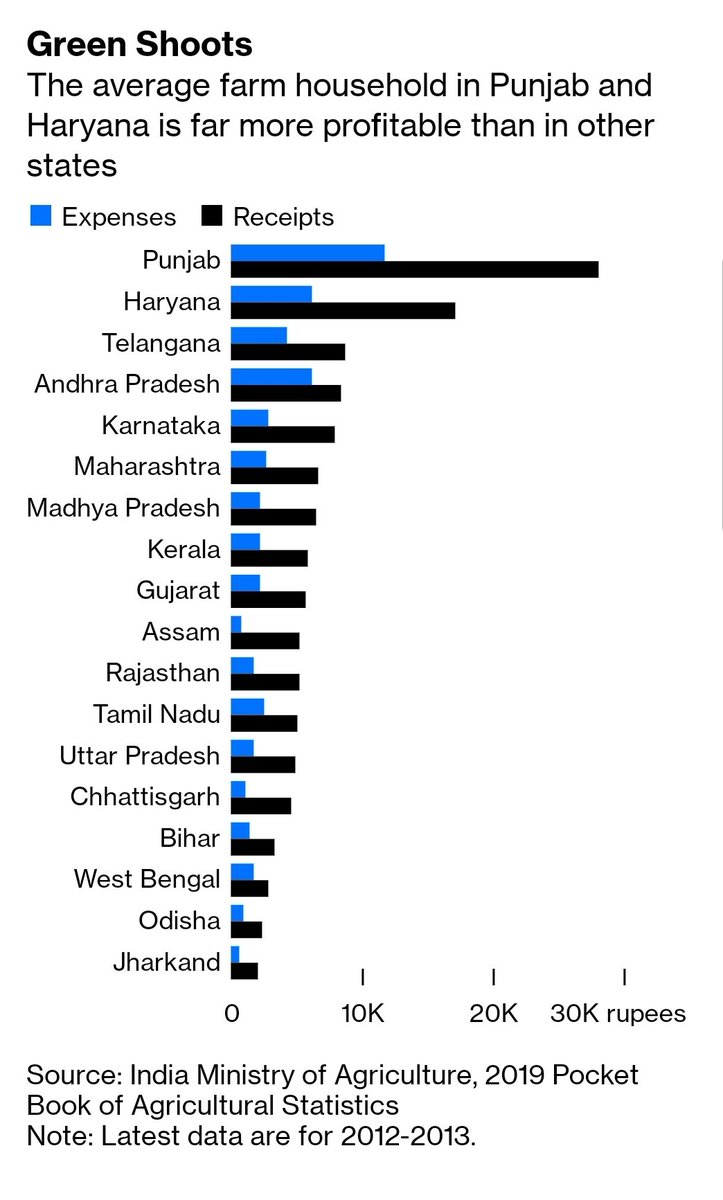
They're right to feel annoyed at what has happened. In a sense, they've done exactly what was expected of them: Made India self-sufficient in essential grains like rice and wheat. They've invested in tractors, harvesters and water-pumping to raise productivity.
While the image of India's tragically high farmer suicide rate often links it to grinding subsistence poverty, the majority of cases involve inability to pay debts.
These are people trying, and failing, to join the middle class.
aljazeera.com/features/2019/…
These are people trying, and failing, to join the middle class.
aljazeera.com/features/2019/…
The trouble is, government policy has made them part of a system that's holding the country back.
Subsidies for food and farming now amount to 4% of GDP.
Subsidies for food and farming now amount to 4% of GDP.
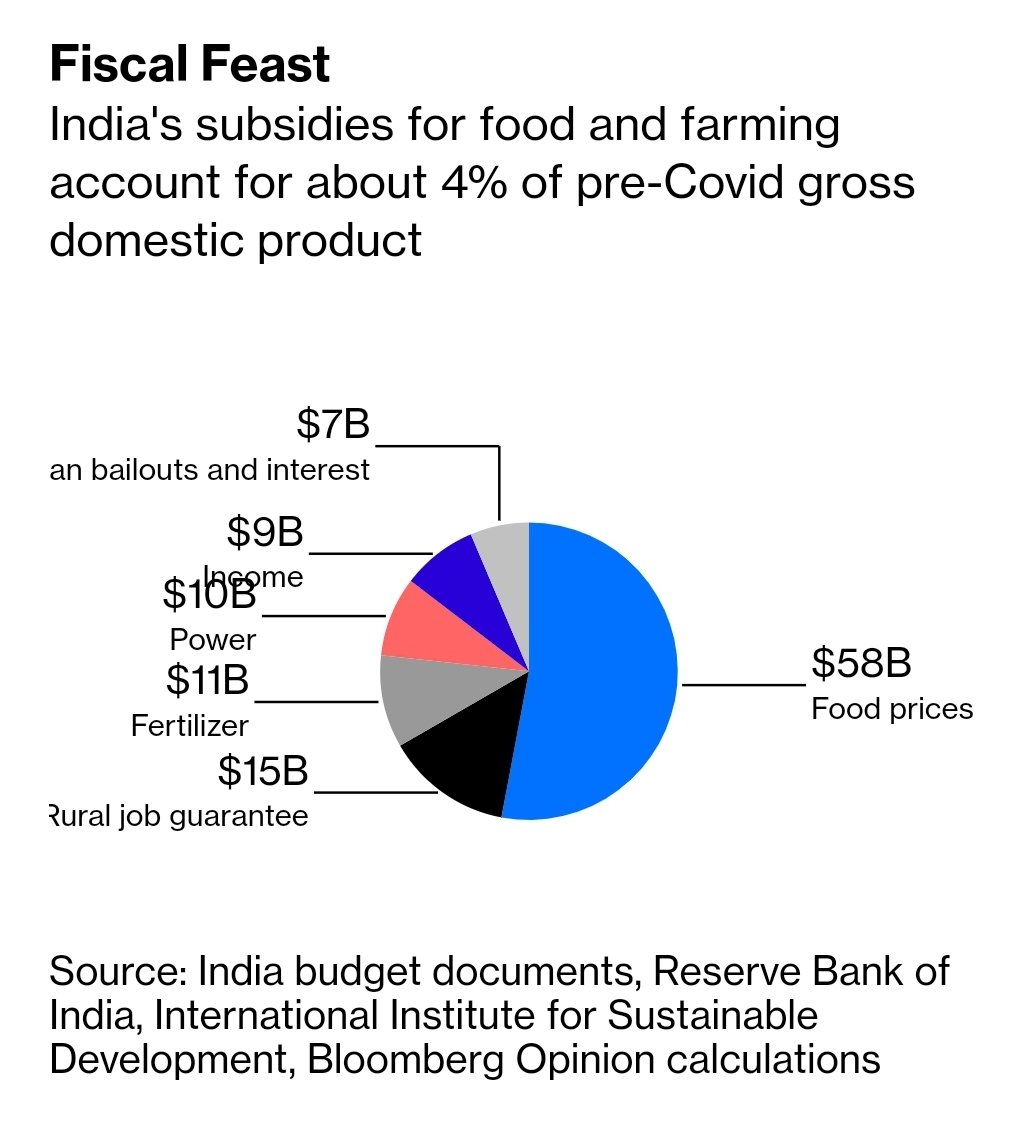
What's worse, this policy isn't succeeding in delivering India cheap food.
The minimum support prices at which the government buys wheat and rice at rural markets are *higher* than the price of grain futures on the Chicago Mercantile Exchange!
The minimum support prices at which the government buys wheat and rice at rural markets are *higher* than the price of grain futures on the Chicago Mercantile Exchange!
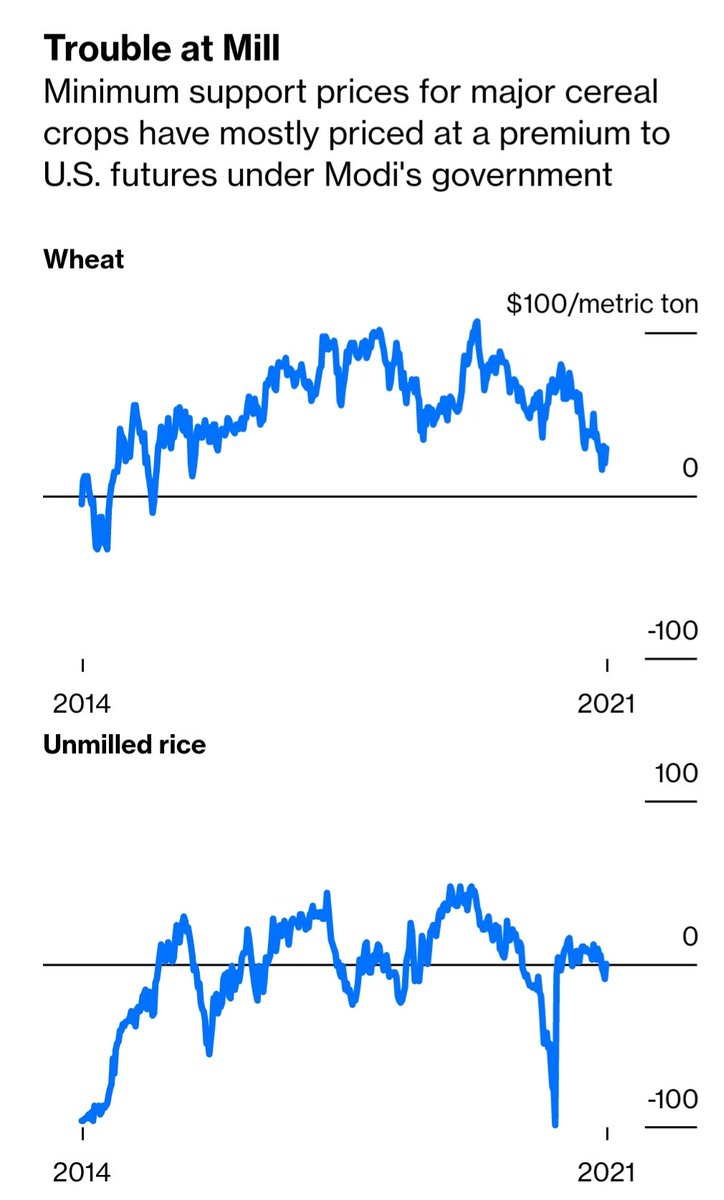
Subsidies made sense a decade ago when the majority of the population worked in agriculture — but that era is over and the urban workforce will just continue to grow.
This is a wrenching, horrible process wherever it happens.
Farmers are right to feel aggrieved at the high-handed way this law has been pushed through.
But I can't think of a country that has been through urbanization that wants to go back to rural subsistence.
Farmers are right to feel aggrieved at the high-handed way this law has been pushed through.
But I can't think of a country that has been through urbanization that wants to go back to rural subsistence.
(ends)
• • •
Missing some Tweet in this thread? You can try to
force a refresh







